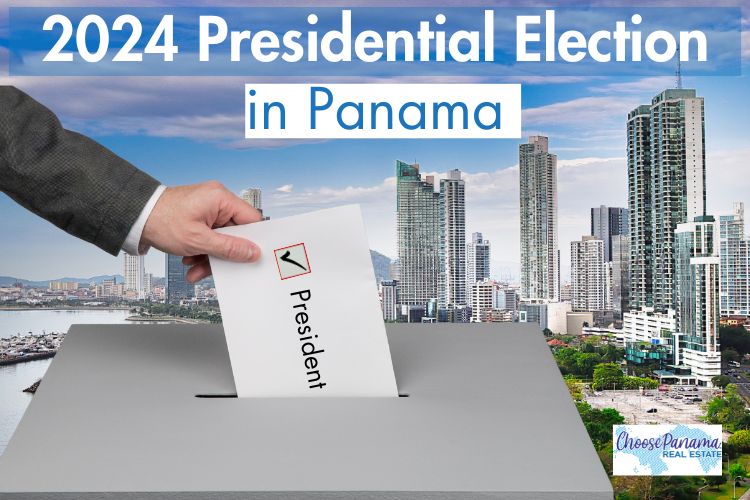Throughout its past struggles, Panama has weathered political instability, corruption scandals, and periods of authoritarian rule. However, in recent decades, the country has made significant strides towards strengthening its democratic institutions and promoting transparency and accountability in governance.
Political History
Panama officially became a democratic republic on December 20, 1989, following the ousting of General Manuel Noriega from power. This marked the end of a period of military rule that had begun in 1968 with the military coup led by General Omar Torrijos. The transition to democracy was facilitated by the intervention of the United States, which had long-standing economic and strategic interests in the region.
After the removal of Noriega, Panama underwent a process of democratization, culminating in the restoration of civilian rule and the holding of free and fair elections. Since then, Panama has held regular elections, with multiple political parties competing for power and overseeing the country's governance within the framework of a democratic system.
Presidential Terms and Powers
In Panama, presidential terms are limited to a single five-year period, with no possibility of immediate re-election. This restriction aims to prevent the consolidation of power and promote democratic transitions of leadership. The president wields significant executive powers, including the authority to appoint cabinet ministers, veto legislation, and serve as commander-in-chief of the armed forces.
Despite these extensive powers, the president's authority is balanced by checks and balances from other branches of government, as well as oversight from independent institutions and civil society organizations.
Major Political Players
Panama's political landscape is characterized by a multi-party system, with several major political parties vying for power and influence. Among the most prominent are the Democratic Revolutionary Party (PRD), the Democratic Change Party (CD), and the Panameñista Party (PP).
These parties represent a spectrum of ideologies and interests, ranging from left-leaning social democratic principles to center-right economic policies. Like most countries, each party has its own platform and agenda, seeking to address the diverse needs and aspirations of Panama's population.
- The Democratic Revolutionary Party (PRD) is often considered one of the more left-leaning parties in Panama. Historically founded as a center-left party, the PRD has advocated for social welfare programs, labor rights, and government intervention in the economy to address inequality and poverty.
- The Panameñista Party (PP) tends to be seen as more center-right or right-leaning. It has traditionally supported pro-business policies, market-oriented economic reforms, and closer ties with the United States. However, like many political parties, its ideology and policy positions may evolve over time.
- The Democratic Change Party (CD) is often viewed as a centrist party in Panama. It has positioned itself as a moderate alternative to the more established parties and has sought to appeal to a broad spectrum of voters with its platform of political reform, anti-corruption measures, and economic development.
The Voting Process and Dry Law
On the day of the presidential election--which is occurring today--Panamanian citizens cast their votes at polling stations located throughout the country. The voting process is overseen by the Electoral Tribunal, an independent body responsible for organizing and administering elections in Panama.
One notable aspect of election day in Panama is the implementation of the dry law, which prohibits the sale and consumption of alcoholic beverages from the day before the election until the polls close. This measure aims to maintain public order and prevent alcohol-related incidents during the voting process. The dry law affections retail establishments and restaurants.
Waiting for the Votes to Be Tallied
As the people of Panama exercise their democratic right to vote, they play a vital role in shaping the nation's future and determining its trajectory for the next five years. Regardless of the outcome, today's election serves as a reminder of the power of democracy and the importance of civic engagement in building a more prosperous and inclusive society.



 RSS Feed
RSS Feed